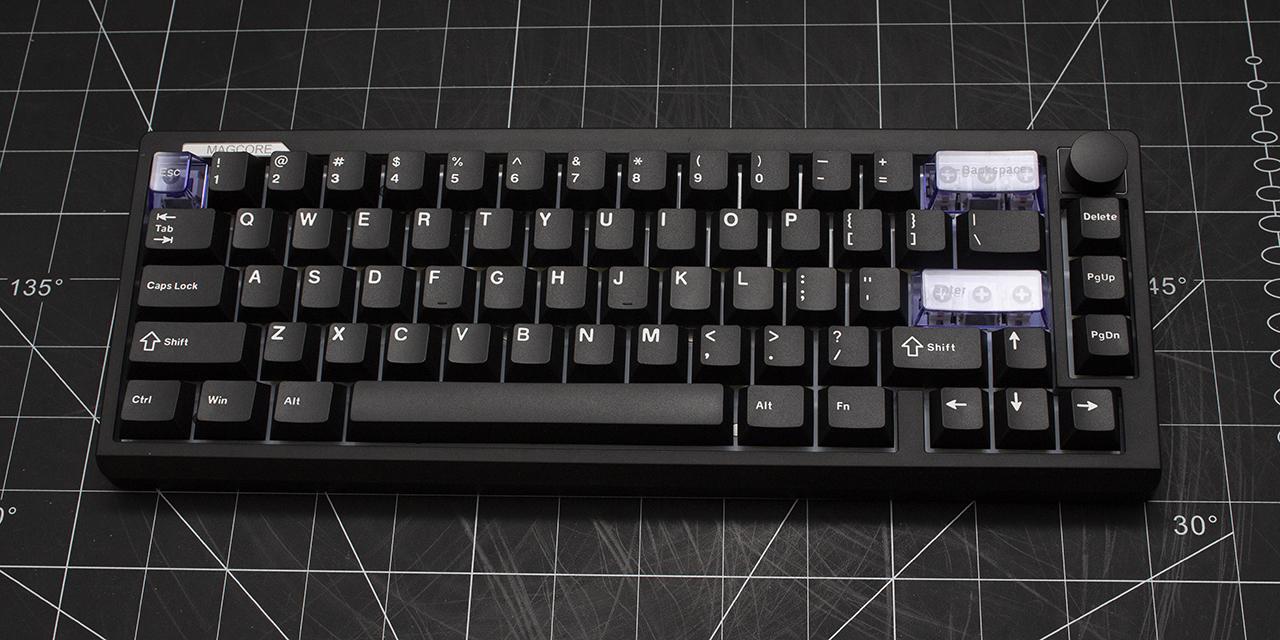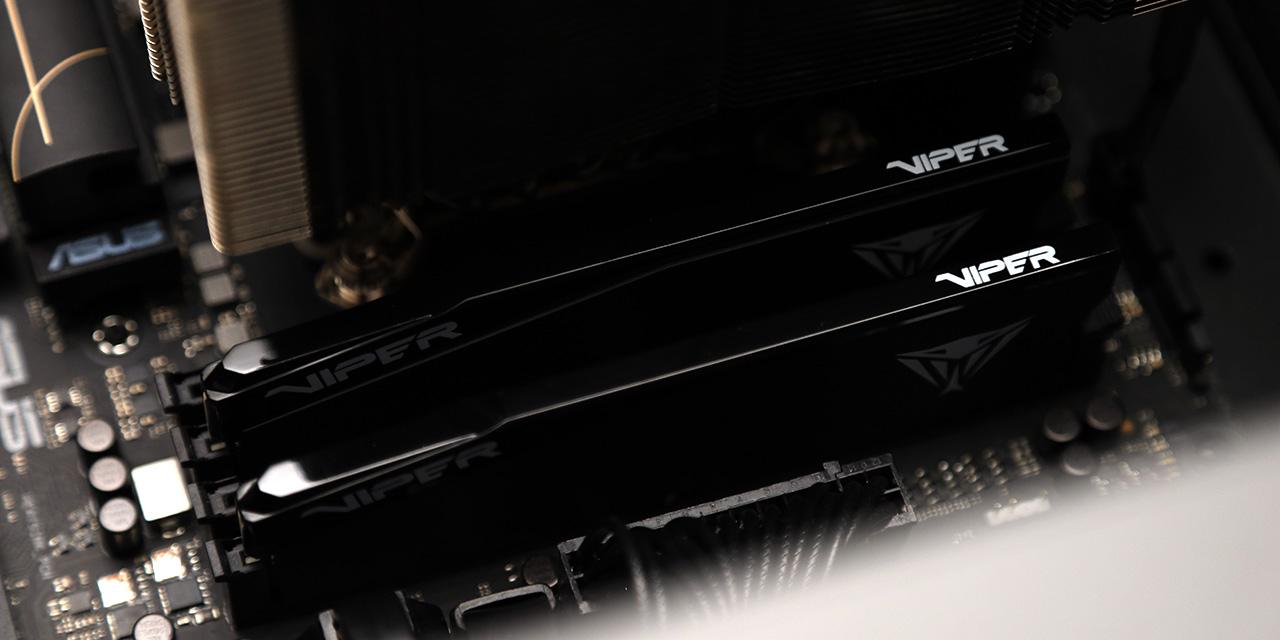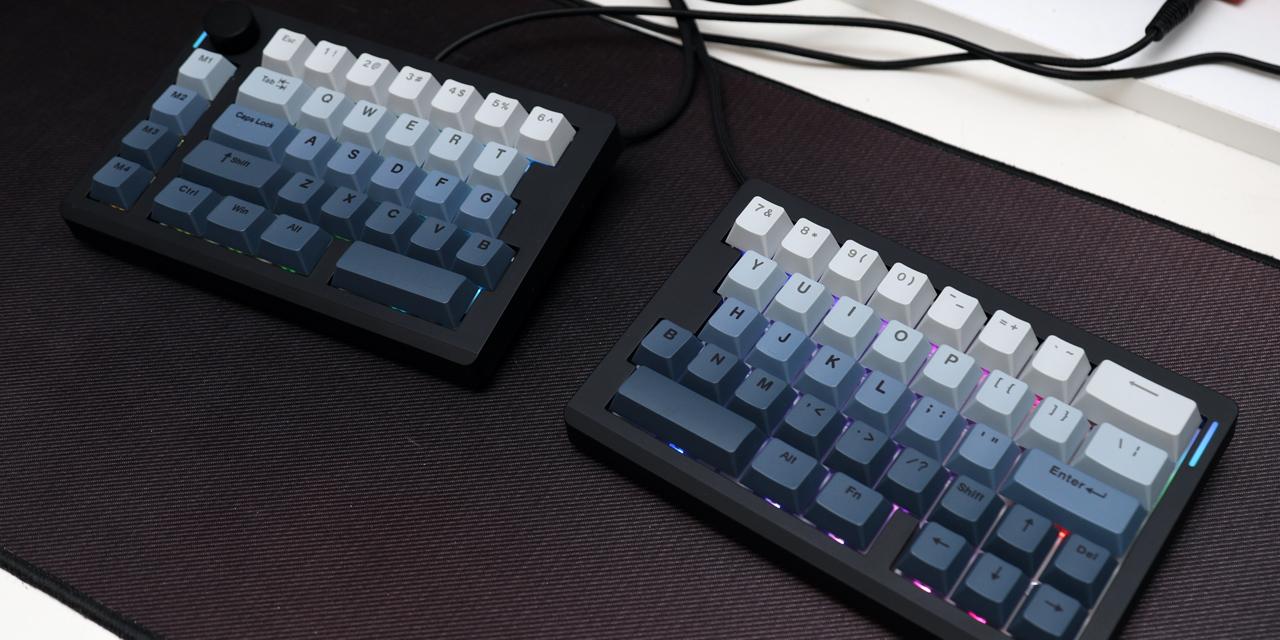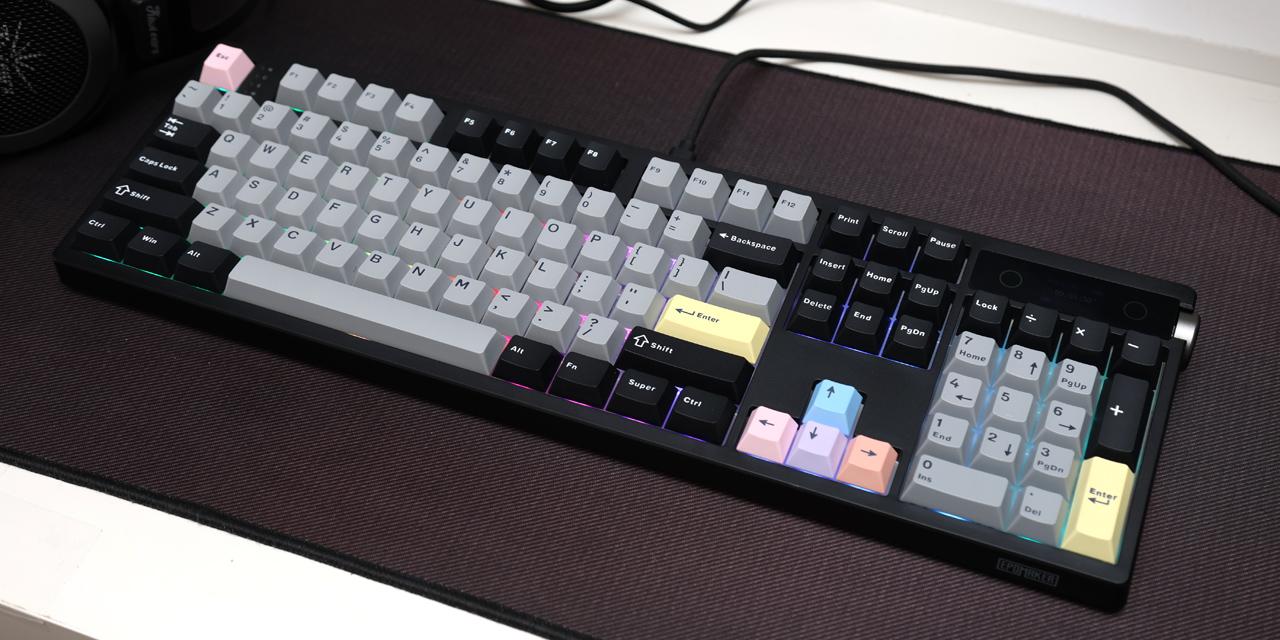|
From X-bit Labs: When Microsoft Corp. planned Windows RT operating system, the goal was to create a platform that would feature Windows look and feel and have support low-power ARM-architecture application processors in a bid to enable devices with a day or longer battery life. With the emergence of ultra-low-power Intel Core “Haswell”, Windows RT is no longer needed. During Lenovo’s press conference at IFA 2013, Australian marketing chief Nick Reynolds said that Intel's latest ultra-low-power Core-i-series 4000Y-family “Haswell” central processing units have eradicated the choice between long battery life and high performance, reports Engadget web-site. At present, it is possible to create Microsoft Windows 8-based devices with all-day battery life, which is why there is no need for ARM-based application processors and Windows RT OS. Lenovo IdeaPad Yoga 11 based on Nvidia Tegra 3 application processor and Microsoft Windows RT operating system was recently discontinued by the manufacturer. The company continues to sell IdeaPad Yoga 11s, which is based on Intel Core i-series microprocessor and Windows 8 operating system. Lenovo was one of a few adopters of Windows RT in general. Earlier this year Intel announced new 4th generation Core i-series “Haswell” processors with standard design power of as low as 4.5W, in addition to existing high-performance chips with 6W SDP. These chips, to be available in the second half of 2013, will allow device manufacturers to produce the first fanless 2-in-1 and tablet designs based on the Intel Core “Haswell” processors that are designed with performance in mind. View: Article @ Source Site |
 |
Lenovo: With Low-Power x86 Microprocessors, There Is No Need for Windows RT
© Since 2005 APH Networks Inc. All trademarks mentioned are the property of their respective owners.





